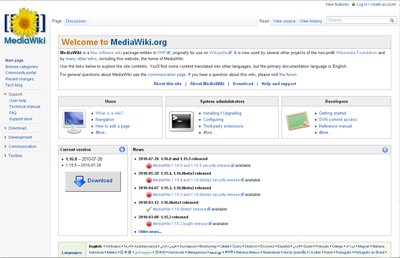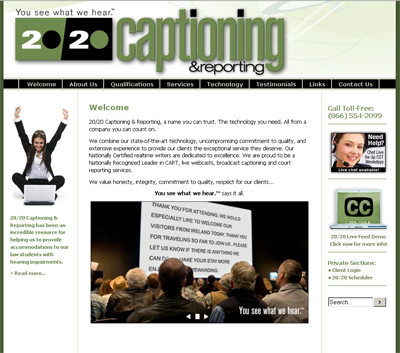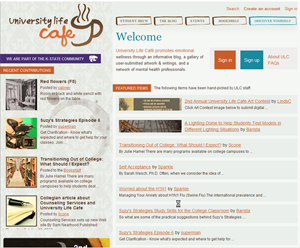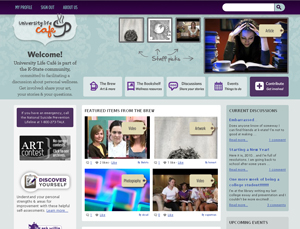What it is: An online tool to store all your files such as documents, images, and videos, and access them from a central location.
What it does: After creating your own Dropbox account, this free service allows you to have access to your files at your fingertips and exchange files with other Dropbox users. It is web-based and independent of the computer you are using.
A quick download of the Dropbox application to your computer permits all documents to be uploaded and available in the Dropbox website. Files can be exchanged easily across Macs and PCs.
Note: Internal, confidential, and proprietary data should not be shared with third-party services. See Data Classification Schema in K-State’s Data Classification and Security Policy. Also, the K-State Zimbra Briefcase allows for file storage.
Continue reading “Free tool: Dropbox (online storage space)”




 Note: Roger McHaney will be co-presenting “Virtual Collaboration: Applied Projects and Tools” 11 a.m.-12:30 p.m. Thursday, Nov. 12, at Union 212, as part of the
Note: Roger McHaney will be co-presenting “Virtual Collaboration: Applied Projects and Tools” 11 a.m.-12:30 p.m. Thursday, Nov. 12, at Union 212, as part of the